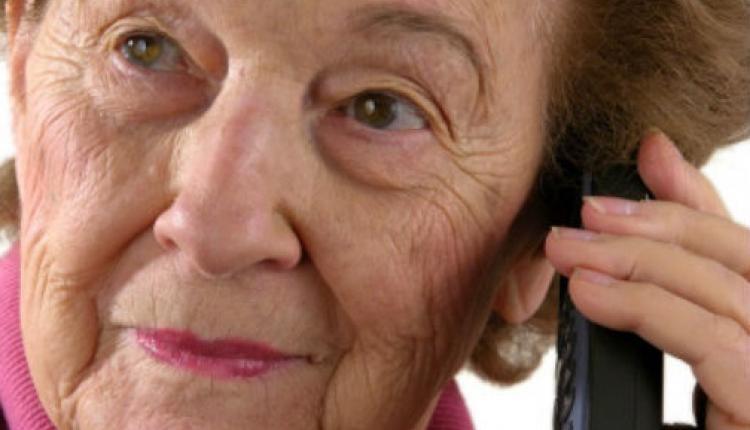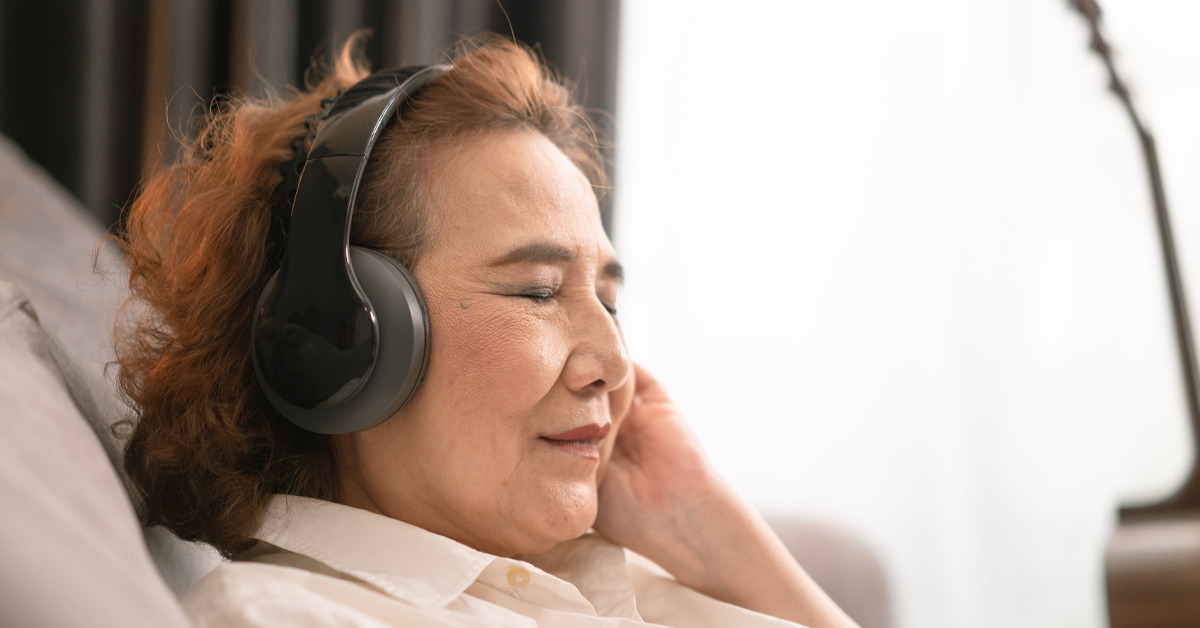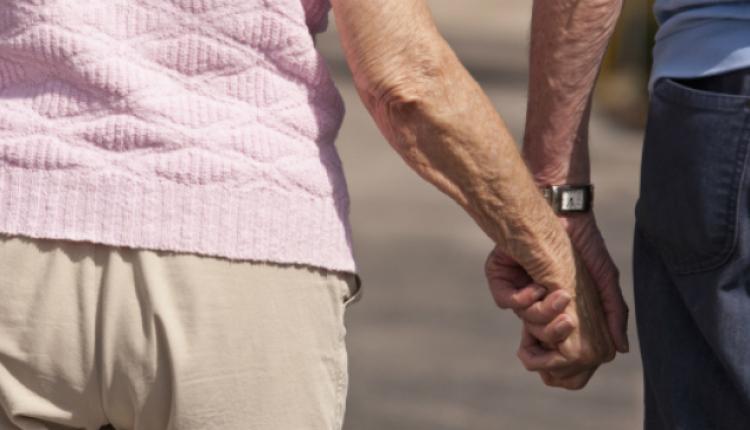The Health Risks of Being Lonely

Loneliness and Health
Loneliness can cause health problems, no matter how old one is. And people are more likely to feel lonely as they get older. Retirement shrinks social networks; spouses, siblings, and friends pass away; changes in health limit mobility; and children often live far away. The health risks include physical and mental troubles, from depression to heart disease and even early death.
Social support is clearly an important part to aging well. Does your loved one have any of these risk factors?
Health and Mobility
How is your family member’s overall health? Is walking difficult? Does he or she no longer drive? These can severely restrict social interaction.
Contact with Family and Friends
How often does your loved one get visitors? What about phone calls? Do children and grandchildren live far away? Is the person comfortable using Facebook, email, or Skype to keep in touch with others?
Living Alone
While this doesn’t always mean trouble, it can be a red flag. Does your loved one talk about getting together with friends or family?
Money Issues
Limited income can lead to fewer options for social activities.
Sexual Orientation
Lesbian, gay, bisexual, and transgender seniors are much more likely to live alone, have no children, and be cut off from their parents or siblings.
It’s important to keep in mind that everyone’s needs are different. Some folks are happy to spend time alone. At the same time, living with someone is no guarantee against being lonely.


